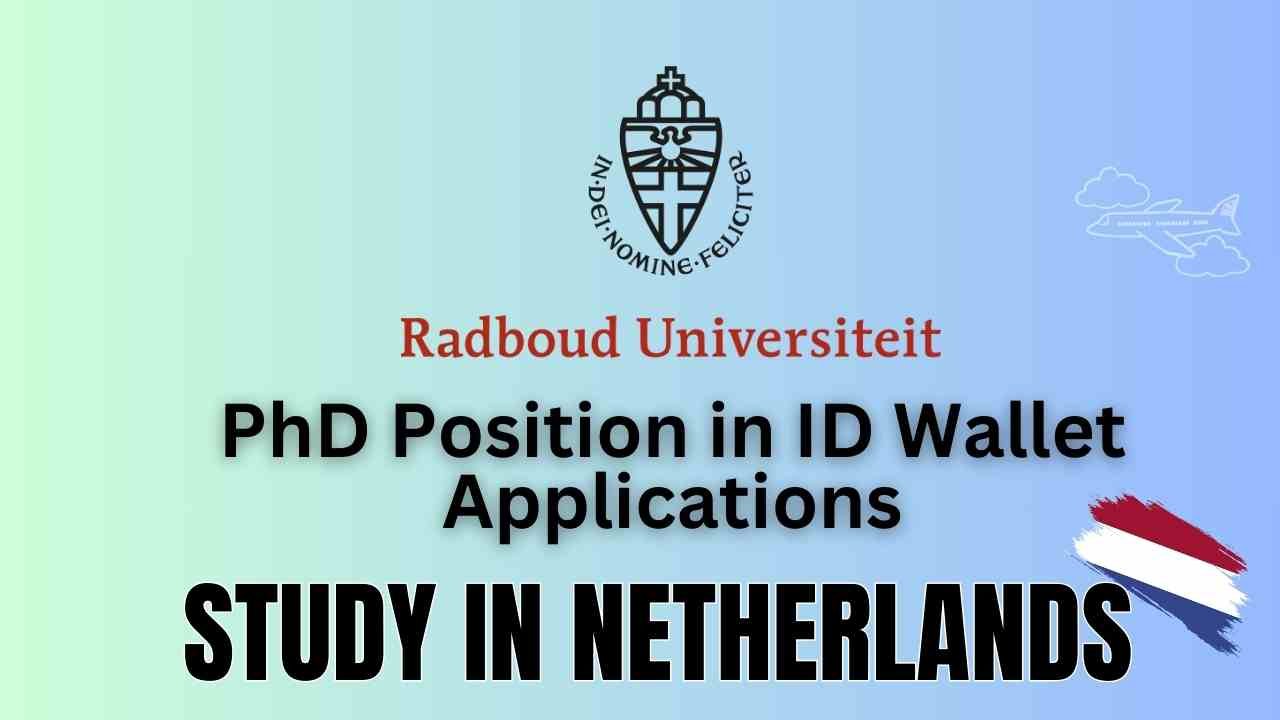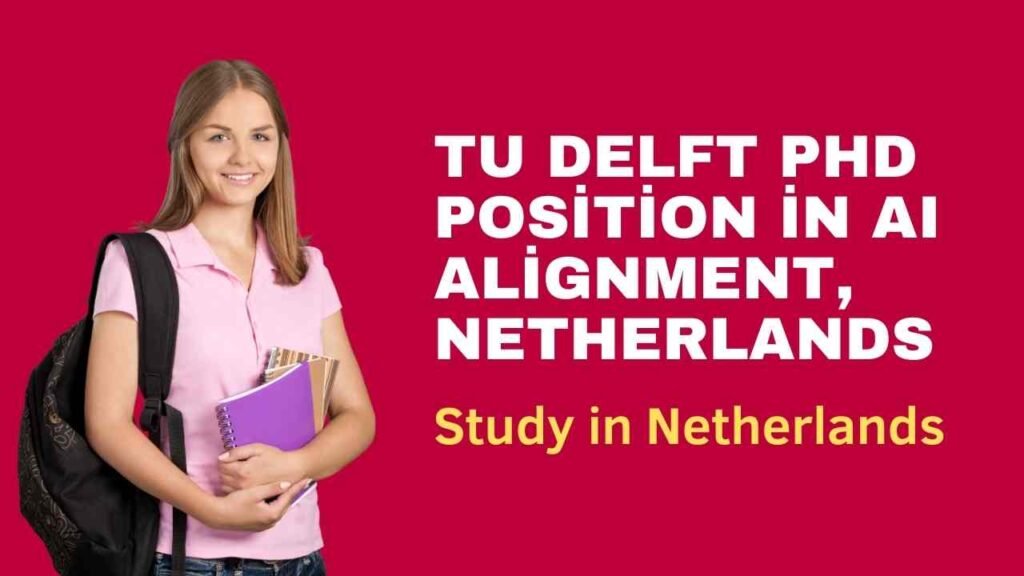Radboud University, a globally recognized institution in the Netherlands, invites applications for a fully funded PhD Position in Cognitive Neuroscience of Motivation under the ERC-funded COPE project. This interdisciplinary opportunity bridges neuroscience, psychology, and artificial intelligence, offering unparalleled research infrastructure and international collaborations.
Why Choose This PhD Program?
About Radboud University
Ranked among the top 150 universities worldwide, Radboud’s Behavioural Science Institute is renowned for pioneering research in cognitive neuroscience. The COPE project focuses on understanding the computational and neural mechanisms of motivation, combining advanced neuroimaging, pharmacological interventions, and computational modeling.
Key Benefits of the Program 78
| Aspect | Details |
|---|---|
| Funding | €2,901 – €3,707 monthly salary + 8% holiday allowance + 8.3% year-end bonus |
| Contract | Initial 1.5 years, extendable to 4 years |
| Work-Life Balance | Up to 41 days annual leave + flexible remote work options |
| Career Support | Dual Career Coaching for relocating partners + training programs |
| Research Facilities | Access to fMRI, EEG, and Computational NeuroPsychiatry (CNP) platforms |
Eligibility Criteria
Academic Requirements
To qualify, applicants must:
- Hold a Master’s degree in neuroscience, psychology, AI, cognitive science, or a related field 7.
- Demonstrate advanced programming skills in Python and Matlab (e.g., computational modeling, reinforcement learning).
- Have experience with statistical analysis tools (R, mixed models, machine learning).
Preferred Qualifications
- Background in neuroimaging (fMRI/EEG) or pharmacological studies.
- Published research in peer-reviewed journals or conferences.
- Proficiency in English (written and verbal).
Application Process: Step-by-Step Guide
Deadline & Submission
- Application Deadline: 30 April 2025
- Apply Via: Radboud University’s Official PhD Portal
Required Documents
- Motivation Letter: Highlight your research interests and alignment with the COPE project.
- CV: Include academic publications, technical skills, and prior research roles.
- Academic Transcripts: Official records of Bachelor’s and Master’s degrees.
- References: Contact details for 2-3 academic/professional referees.
Selection Timeline
- Shortlisting: May 2025
- Interviews: June 2025
- Final Decision: July 2025
Research Scope & Opportunities
The COPE Project: Key Objectives
- Investigate meta-learning mechanisms in motivation using computational models.
- Analyze neural correlates of motivation through fMRI and EEG.
- Explore pharmacological modulation (e.g., dopamine, serotonin) on decision-making.
Interdisciplinary Collaborations
- Work with the Computational NeuroPsychiatry (CNP) Nijmegen platform.
- Partner with international labs in Germany, the UK, and the USA.
Funding & Career Development
Financial Support
- Gross Monthly Salary: Scales from €2,901 (Year 1) to €3,707 (Year 4).
- Additional Perks:
- Pension Scheme: Contributions covered by Radboud.
- Travel Grants: Funding for conferences and workshops.
Professional Growth
- Graduate School Access: Courses on data science, academic writing, and grant applications.
- Networking: Present at forums like the Society for Neuroeconomics and FENS.
Living in the Netherlands
Why Nijmegen?
- Cultural Hub: Historic city with vibrant arts, festivals, and green spaces.
- Transport: Excellent cycling infrastructure + 1.5-hour train ride to Amsterdam.
- International Community: 20% of residents are expatriates.
Dual Career Support
Radboud offers personalized coaching for partners, including job search assistance and Dutch language courses.
5 Tips for a Strong Application
- Tailor Your Motivation Letter: Align your research vision with the COPE project’s goals.
- Highlight Technical Expertise: Emphasize Python/Matlab projects and statistical models.
- Showcase Publications: Include preprints, conference papers, or thesis excerpts.
- Secure Strong References: Choose mentors familiar with your research capabilities.
- Proofread Thoroughly: Avoid errors to demonstrate attention to detail.
FAQs
Q: Is the program open to non-EU students?
A: Yes! Radboud welcomes applicants of all nationalities. Visa and residency permits are facilitated by the university.
Q: Can I apply without neuroimaging experience?
A: While preferred, candidates with robust computational skills are encouraged to apply. Training will be provided.
Q: What’s the workload structure?
A: 80% research, 20% teaching/administrative duties.
Apply Now: Secure Your PhD in Cognitive Neuroscience
Don’t miss this chance to advance your career at a leading European university. Click below to submit your application before 30 April 2025:
Official Application Portal









